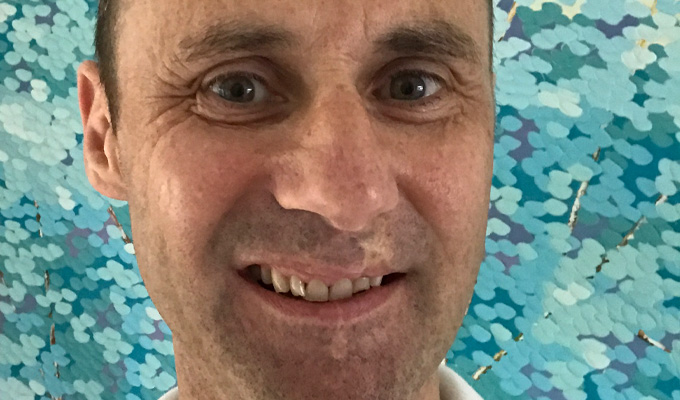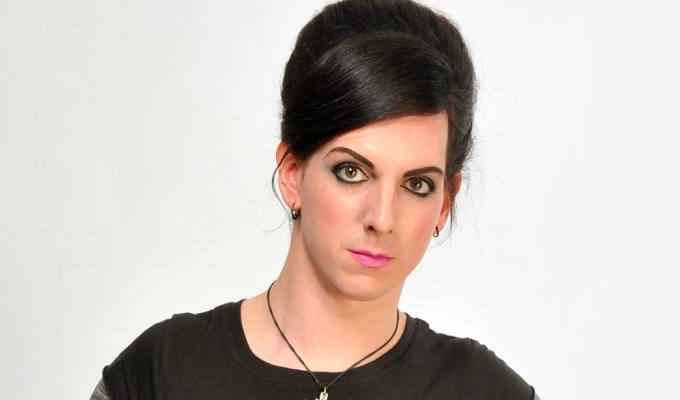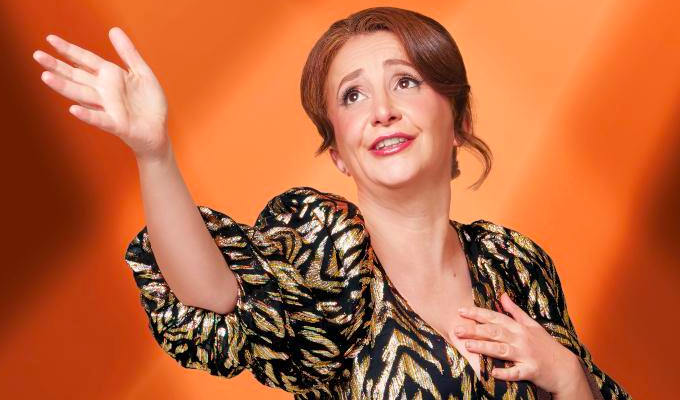
Why we need ‘unsafe comedy’
Andy Shaw sticks up for the stand-ups who refuse to play by the rules
Why would a comic refuse to sign an agreement not to make racist, homophobic and sexist jokes? Surely, it can only be because they want licence to punch down and let rip at marginalised groups with no come back.
Really? Is that the only possible answer? Perhaps there’s another way of looking at it.
Breaking the rules used to be something that comics revelled in. From Monty Python and Spike Milligan in the 70s to alternative comedy which burst onto the scene in the 80s, the best British comedy was anarchic, rebellious, challenging and offensive to many.
It challenged the established order, its free spirit and carefree attitude made it exciting and gave it an edge. When our local vicar picketed the ‘blasphemous’ cinema screening of Monty Python’s Life Of Brian, he unwittingly added an extra dimension to the satire.
Konstantin Kisin has recently struck a chord because he challenged a po-faced student official who wanted to tell him what to do.
Kisin doesn’t want to make racist jokes, why would he? He’s not some white supremacist with a bag of nasty wisecracks. What has been surprising is how few comedians have stuck up for him. Ricky Gervais, John Cleese, Shappi Khorsandi and a few others are the exception.
There is a worrying tendency for liberally-minded people to stand by the petty-minded officials and professional offence-takers in support official and unofficial speech codes.
Comedians who believe in free expression and those who publicly defend free speech are often seen as suspect.
Why is this? Is it simply that well-meaning people now assume the worst in others? Are we so mistrustful that we need people to demonstrate their right-on credentials to prove that they are not dodgy?
Discussions on free speech seem to degenerate quickly into accusations of ‘x’phobia, because free speech is now seen as dangerous, not liberating.
This is a tragic mis-reading of the situation.
Thankfully, bigotry and prejudice are so rare, that I have never met a comedian who promotes it. If we have greater freedom to think, speak and joke freely without restriction, we encourage experimentation, exploration and the free play of ideas. We might even see the next revolution in comedy – who knows?
Alternatively, we may see the more exciting comedy emerge as a reaction to this new puritanism and the bland ‘woke’ comedy that is so elevated.
It is quite understandable that comics now steer clear of difficult subjects. As a society we are surrounded by emotionally charged issues: sex and gender, terrorism, identity politics. When offence is in the eye of the offence-taker and people take criticism as if it was a personal assault, it’s safer to steer clear.
Workplace banter is now all but dead, it has been forced underground to WhatApp groups among trusted friends. The fear of being misunderstood is real when the worst interpretation is accepted as fact.
If power lies with the accusers and their interpretation of events, a reasonable explanation provides no defence. When few people will stand by any transgressors for fear of guilt by association, then why take the risk?
The consequence for comedians is their reputation and their livelihood. The safe road may pay the bills, but it is the death-knell of creativity. If we can’t joke about these issues in good faith, we risk slipping into blandness. As an aside, we are also losing an important social release that laughter gives us.
The dark humour that bound doctors and nurses together and helped them get through the night shift on A&E can now lead to a disciplinary charge. It’s not healthy.
Let’s break a few more rules, take a few risks and take the piss. It might actually be funny.
• Andy Shaw is the organiser of London comedy club Comedy Unleashed, which promotes ‘comedy without self-censorship’.
Published: 19 Dec 2018






